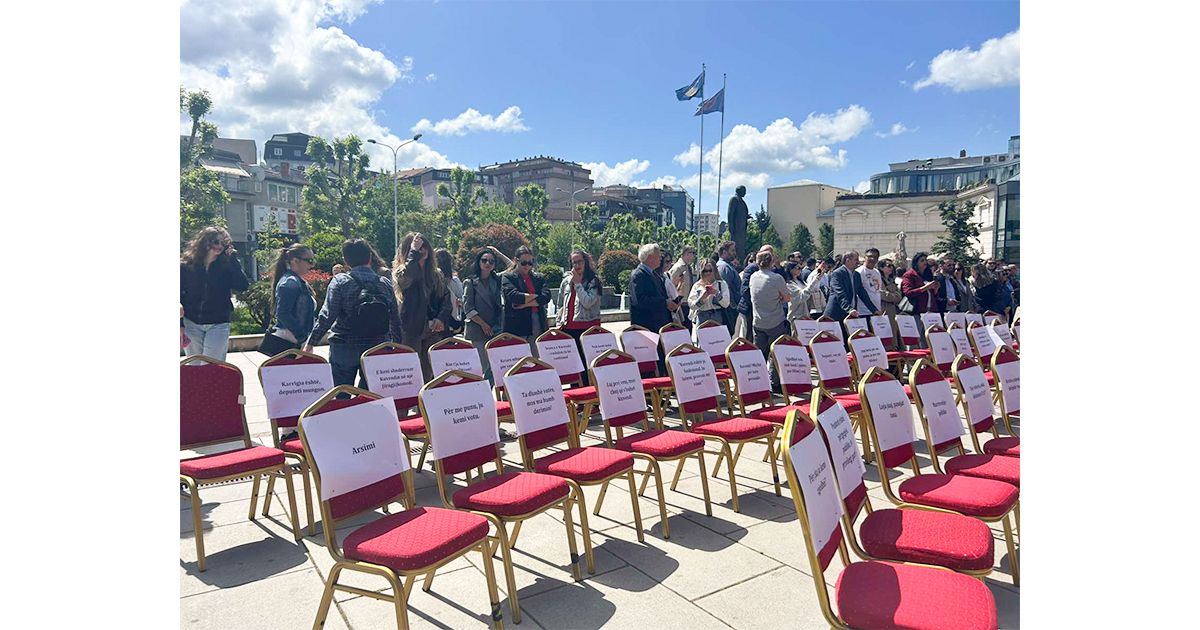The European Union (EU) Office in Kosovo has contracted the Kosovo Women’s Network (KWN) to conduct a Gender Analysis of Peace and Security in Kosovo to inform the implementation of EU commitments to women, peace and security in its external action. The analysis, to be undertaken between December 2024 and June 2025, seeks to inform a concrete action plan for the EU’s policies and programs in Kosovo.
The research will address questions such as:
- How inclusive and gender-responsive is Kosovo’s legal framework related to peace and security, and how can it be improved and better implemented?
- What are gender-related root causes and consequences of conflict in Kosovo?
- How do gender inequalities and power relations shape peace and security challenges?
- How inclusive and gender-responsive have past and present prevention, peacebuilding, and stabilisation activities been?
- What policy and programmatic steps can the EU take to ensure a more effective, inclusive, gender-responsive, conflict-sensitive, and sustainable response in its current and future assistance?
The research will involve content analysis, interviews and focus groups with diverse women and men across Kosovo. KWN will draw from its extensive experience conducting similar research, ensuring a participatory, inclusive research process that engages diverse stakeholders, including government, civil society, international actors and marginalised groups. KWN is using a conflict-sensitive approach, ensuring selection of secure locations, sensitive communication and protection of research participants in line with internationally recognised ethical standards. Additionally, KWN’s intersectional approach includes considering barriers that intersect across gender, ethnicity, location, age, disability, socioeconomic status and other factors.
Through this Analysis, the EU and KWN also hope to inform the government, international actors and civil society efforts in Kosovo, towards a more conflict-sensitive, gender-responsive approach that seeks to address the needs of diverse women, men, girls and boys.



